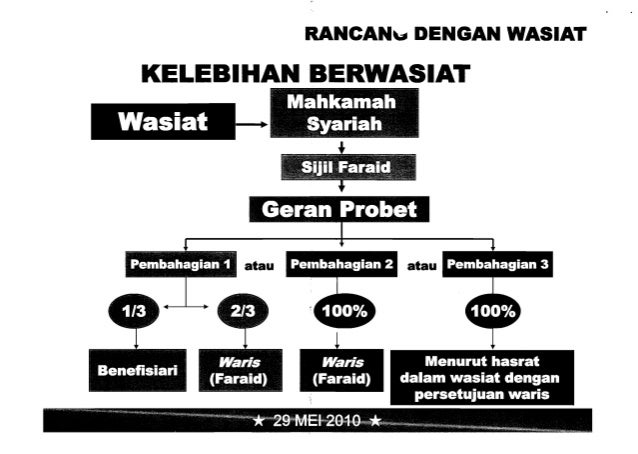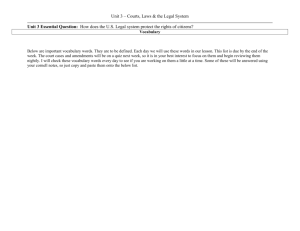

In a decree passed in a lawsuit for partition of property either movable or immovable or for separate possession of share in the property, The decree shall declare the rights of several parties interested in that property but shall direct partition or separation to be made by collector and in other cases of immovable property in case the estate is assessed to the payment of revenue to the government. In a lawsuit for accounts between a principal person and agent, the Court can pass a preliminary decree before passing a final decree directing the accounts that have to be taken and it can also provide special directions in regards to the mode of taking accounts as well. In cases the Court has settled upon rival claims to pre-emption, the decree shall direct. (2) It shall come into force on the first day of January, 1909.

#Cpc 1908 bare act pdf download code#
The signature of the judge delivering the judgement is an essential requisite.Īn appeal can be favoured or preferred without filing a copy of a decree if it is not drawn within 15 days of the judgement. Short title, commencement and extent- (1) This Act may be cited as the Code of Civil Procedure, 1908. In legal sense, a final decree is a decree which completely disposes of the suit and settles all the questions in discussion between the parties and nothing is left further for deciding thereafter.įor instance, if the court passes a decree in favour of one party along with a direction of inquiry for the other party, the former part of the decree is final while the latter part is a preliminary decree for which further proceedings have to take place.įor example, in a suit of possession of a property with company C, if the court passes a decree of possession of the property in favour of the plaintiff and directs an enquiry into the company C, then the former part of the decree is final decree while the latter part is the preliminary decree.Ī decree is based upon judgement and it also follows a judgement which is the reason why it is an indispensable and essential requisite.Īn appeal can be made against a decree and not against a judgement. The first stage is when the rights of the parties are adjudicated and the second stage is when those rights are implemented or executed. In such a decree the rights and liabilities of the parties are stated leaving the actual result or decision to be worked out in future proceedings. It decides the rights of the parties in respect to all or any of the matters of discussion but it does not completely dispose of the suit. In a legal sense, a preliminary decree is a decree where further proceedings have to take place before the suit can be completely disposed of. The decree contains the outcome of the suit and conclusively determines the rights of the parties with regard to the issues in dispute in the suit.Īfter passing the decree, the suit stands disposed of since the rights of the parties are finally determined by the court. It is a formal declaration or adjudication and is conclusive in nature.Ī decree is of three kinds namely, preliminary decree, final decree and partly preliminary partly final. V of 1908) for bringing procedural reforms, in order to provide. It is divided into five types unlike judgement which is final in itself. WHEREAS it is expedient further to amend the Code of Civil Procedure, 1908. The Code however, not applicable to Supreme Court in the and to the Presidency Small Cause Courts.A decree always follows judgement and is based upon a judgement. 0 Comments Every judgement shall include a summary of the pleadings, issues, finding on each issue, ratio decidendi and the relief granted by the court.Haggerty(Res judicata) Official Trustee vs Sachindra Nath(Jurisdiction and place of suing) Annapoorani Ammal vs G. History To give uniformity to, Legislative Council of India, enacted Code of Civil Procedure, 1858, which received the assent of on 23 March 1859. The sections provide provisions related to general principles of jurisdiction whereas the Orders and Rules prescribe procedures and method that govern civil proceedings in India. The Code is divided into two parts: the first part contains 158 sections and the second part contains the First Schedule, which has 51 Orders and Rules. (2) Save as otherwise provided in rule 8A, KEEP READING. (1) The defendant shall, at or before the first hearing or within such time as the Court may permit, present a written statement of his defence. WHEREAS it is expedient to consolidate and amend the laws relating to the procedure of the Courts of Civil Judicature Citation Enacted by Date enacted 21st march 1908 Date commenced 1 January 1909 Civil Procedure Code, 1882 The Code of Civil Procedure, 1908 is a related to the administration of civil proceedings in. ORDER VIII of CIVIL PROCEDURE CODE (CPC) WRITTEN STATEMENT, SET-OFF AND COUNTER-CLAIM 1. Civil Procedure Code, 1908 An Act to consolidate and amend the laws relating to the procedure of the Courts of Civil Judicature.


 0 kommentar(er)
0 kommentar(er)
